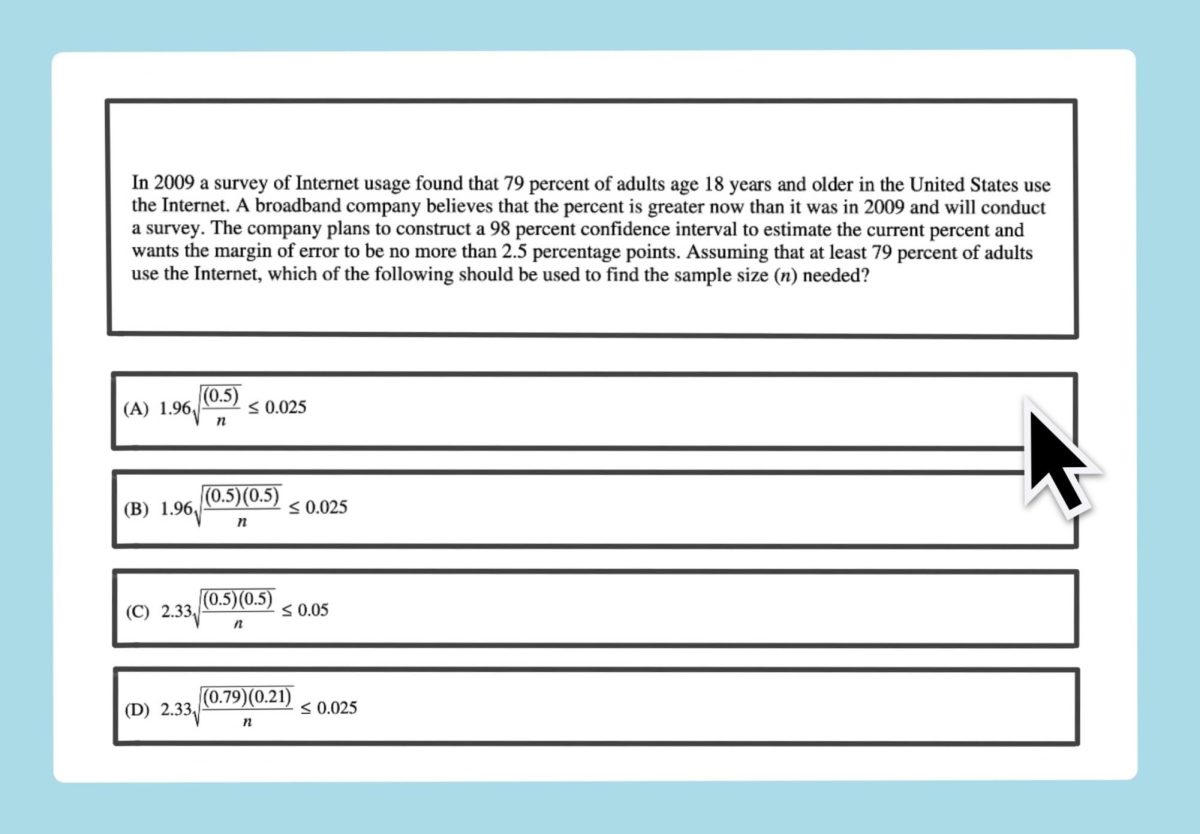 When a socialist, Independent senator from Vermont spoke to Grady students on Oct. 18, he asked an important question: how many people here work after school? The very few raised hands in the audience proved a different point from the one U.S. Sen. Bernie Sanders was trying to make.
When a socialist, Independent senator from Vermont spoke to Grady students on Oct. 18, he asked an important question: how many people here work after school? The very few raised hands in the audience proved a different point from the one U.S. Sen. Bernie Sanders was trying to make.
At schools in Mississippi, Sanders said, some students work 40 hours every week to help their parents support a family. Among the crowd of students in attendance for his speech at Grady, only one or two students raised their hands. As Sanders was leaving the school, he asked AP U.S. History teacher Lee Pope if his assumption that the audience was composed of upper-middle class, high-achieving students was correct.
Pope was in charge of distributing tickets, and he gave them to teachers whose subject areas related closely to politics. Tickets, therefore, flowed mostly to Advanced Placement and debate teachers. This worked out well for me, since I got a ticket by being in some of those classes.
“Low-income students remain underrepresented in AP classrooms,” a 2012 report from the College Board stated about its AP program. “We continue to face challenges in transforming the educational experiences of underserved students in this country.”
The demographic makeup of the audience at Sanders’ talk was mostly white, a stark contrast to Grady’s population. It is no wonder that Sanders’ employment question received a paltry response.
Sanders serves on the Senate Committee for Health, Education, Labor and Pensions, and is the chair of the Subcommittee on Primary Care and Aging. The theme of inequality appeared throughout Sanders’ discussion of these issues. He said public schools should guarantee equal opportunity to every person, regardless of financial factors.
Students guided Sanders’ discussion by talking about issues they thought were important to the country. Many students spoke of inequality, perhaps without realizing they were right in the middle of it. By limiting attendance to high-performing students, we risk spreading the poison of inequity, which, as Sanders said, public schools are supposed to remedy.
“If we leave a lot of kids behind, what kind of future are we gonna have?” Sanders asked of America’s education system.
The unfortunate irony of Sanders’ speech and audience was that—inadvertently—the event’s organizers committed what Sanders believes is a serious offense in American education: limiting educational involvement to privileged students. Students in AP classes, though well-deserving of extra educational opportunities, are not the demographic Sanders hoped to target.
Sanders stressed the importance of experiences, rather than textbooks and standardized testing, as teaching and learning tools.
“One of the real problems we have is that kids are told it is not cool to be interested in learning,” Sanders said. “There are schools where 50 percent of kids are dropping out of high school.”
Giving preference to advantaged kids with regards to unique opportunities like Sanders’ speech stains the reputation of tolerance and equality toward which Grady strives. This imbalance is antithetical to the point of the assembly itself.
As much as I loved the experience of meeting a U.S. senator, I am not the one who needed the experience the most. In describing economic inequality, Sanders related resources to a pizza party. It seems fair for everyone to get about the same amount of pizza: one or two slices. Instead, one percent of the American population controls 38 percent of the country’s wealth.
Grady’s pizza is being blatantly mismanaged. If we don’t heed Sanders’ advice to pay more attention to kids who are struggling, the high-achieving share of the pie will continue to bloat.
The next time a speaker comes to Grady, everyone should be able to attend. It’s no fun being left out of a pizza party.












